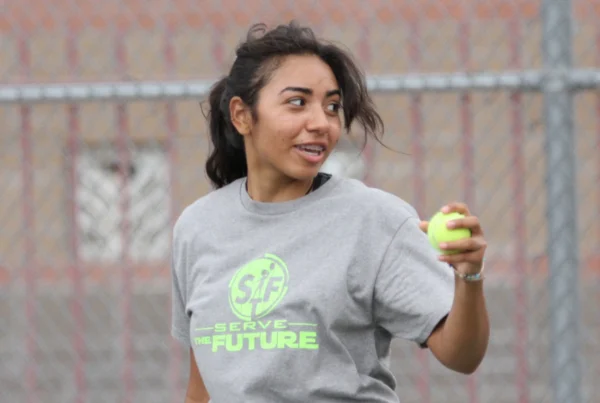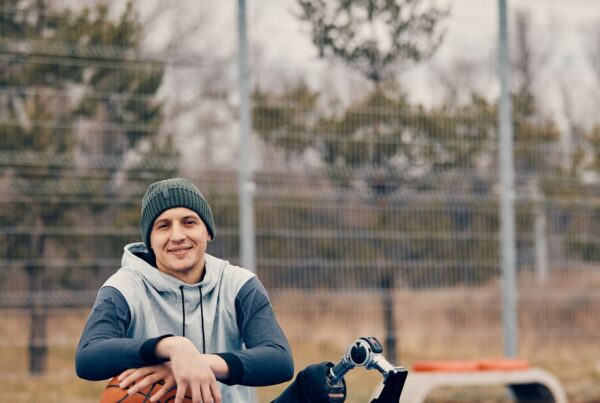Guest Writer: Elijah Garcia, LPC, Childhelp Children’s Center of Arizona
Prioritizing mental health in sports is crucial for maintaining overall physical, emotional and mental well-being and performance. The mind is the most powerful weapon and tool that any athlete possesses. As a licensed clinical therapist and former collegiate athlete, through the experiences of others and myself, I have gained the knowledge to know what it takes to be at the peak of your game. Pressures and expectations to show up for yourself, your coaches, teammates, family, and fans can be a demand like no other.
As a clinician, I have talked and worked briefly with middle to high school athletes who discuss early onset symptoms of anxiety and perfectionism trying to make sure they can be the best academic student and athlete they can be in hopes of future goals in college and professional levels. A personal experience was being a college cheerleader in my hometown’s university, where I was constantly battling for my starting role, maintaining an acceptable body image, and making sure I didn’t get mental blocks that stopped me from knowing my chants or during my tumbling pass.
Coping is a key term and skill that is essential for various reasons. Coping is important for overall stress management, healthy emotional regulation, performance maintenance, physical and mental health, resiliency, adequate problem-solving, healthy social skills and relationships, and, in general, quality of life personally and professionally.
Listed below are tips and strategies to sustain every day’s challenges and obstacles:
- Self-care: Ensure adequate sleep, nutrition, hydration, and rest
- Mindfulness/ Meditation: Practices such as meditation, mindfulness and yoga can be essential in incorporating into weekly routines to help with focus, stress, and relaxation
- Mental skills training: Techniques such as visualization, goal setting, and positive self-talk can enhance performance, esteem and overall resiliency
- “Work-life” balance: schedule downtime away from sport/ job such as giving time for additional hobbies, social activities, travel, family/friend time to help balance out burnout and fatigue and loss of love for the game/sport
- Seek support/ Professional help: Talk with coaches, teammates, friends, family, mental health professionals, sport psychologists’ when feeling overwhelmed, stressed, anxious, depressed or any other mental health concerns
- Advocacy and education: Continue to stay aware of mental health statistics, research, resources, and supports around the community. Continue to educate on strategies to maintain any problematic problems or personal warning signs and risks for further deterioration of health.




